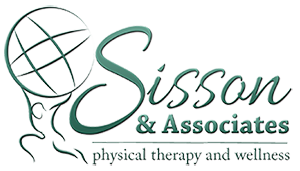Physical therapy in Montross and Colonial Beach for Knee
Q: I'm 72-years old but still very active. The problem is my left knee has a hole in the cartilage that's been there 10 years or more. My young grandson had some kind of surgery where they put new cartilage cells in the hole and patched over the top. Could I qualify for this kind of procedure?
A: You may be referring to a procedure called autologous chondrocyte implantation or ACI. Autologous means the cells harvested for the implantation come from the patient who needs the repair. In other words, you donate your own chondrocytes (cartilage cells).
This procedure is done when there are full-thickness defects in the articular surface of the joint. Essentially, there has been an injury that has pulled off a piece of the layer of cartilage that lines the joint. Full-thickness means the defect goes all the way down to the first layer of bone.
Autologous chondrocyte implantation isn't usually done on older adults. The damaged area has often contributed to the development of osteoarthritis. Arthritis is also more likely after age 65 making it less likely that the procedure will be successful.
There may be other safer and more successful methods of treating this problem for you. The best way to find out is to see your orthopedic surgeon for an evaluation. If you've had this problem for 10 years, you may have already seen your orthopedic surgeon. But if it's been a while and you are still experiencing pain (especially if the pain is enough to hamper your activities), it might be worth a follow-up visit to discuss all your treatment options.
Reference: Lars Peterson, MD, PhD, et al. Autologous Chondrocyte Implantation. A Long-term Follow-up. In The American Journal of Sports Medicine. June 2010. Vol. 38. No. 6. Pp. 1117-1124.











